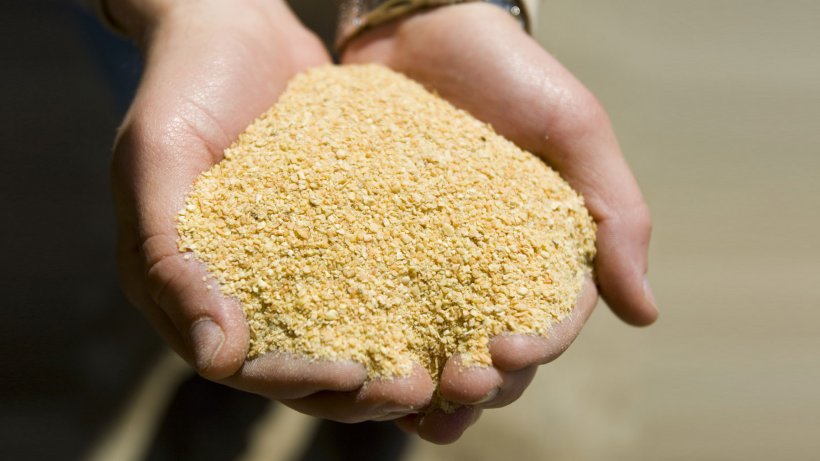Bhartiya Kisan Sangh (BKS) and the Coalition for a GM-Free India have taken strong objection to the Centre’s decision to allow GM soya meal for livestock feed.

While the BKS “condemned” and called the reason cited by the Ministry of Fisheries, Animal Husbandry and Dairying while granting permission to “import 15MT of soya deoiled cake obtained from GM soya seed for manufacturing of animal feed” as “not only ridiculous, but disgusting”, activists from the anti-GM coalition “condemned” the “no-objection certification” granted by the GEAC under the Ministry of Environment, Forest, and Climate Change, calling it “highly objectionable”.
The MoEFCC recently conveyed to the Department of Animal Husbandry and Dairying via a letter dated August 6 that “since soya de-oiled and crushed cake do not contain any living modified organism”, it has “no objection for import of soya cake or meal from environmental angle”, the Coalition for a GM-Free India said in its letter to Environment Minister Bhupendra Yadav
“The EPA 1989 Rules for the manufacture, use, import, export, and storage of hazardous micro-organisms/genetically engineered organisms or cells are clearly applicable to not just genetically engineering organisms or living modified organisms, but also products and substances related to LMOs.
“The Rules refer to such products and substances in several clauses clearly, requiring the GEAC to perform safety assessment on products and substances derived from GMOs as well. The GEAC cannot and must not abdicate its responsibility for regulating to protect the environment, nature, and health, as given in the objective of the Rules,” the letter signed by Kavitha Kuruganti stated, urging Yadav to “reconsider the decision” and ensure that “GEAC performs its duty”.
The BKS “condemned” the decision, calling the reason for granting the permission “not only ridiculous, but disgusting”.
“The BKS has time and again demanded that products and byproducts of agricultural commodities involving GM technology/event at any stage should not allowed, even for import, without a robust a policy guideline in place.
